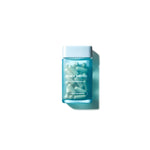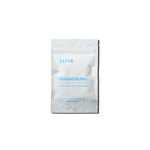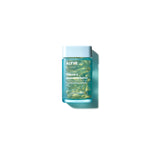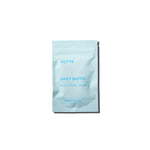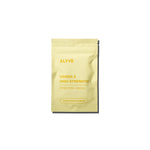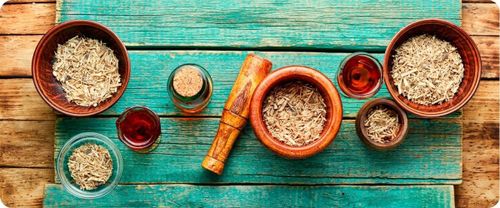In the hustle and bustle of modern life, finding ways to maintain emotional balance can often feel like an uphill battle. Stress, anxiety and mood swings are common issues that many of us face daily. Fortunately, nature offers a powerful solution in the form of adaptogens. These natural supplements have been used for centuries to help the body adapt to stress and maintain overall wellbeing. In this blog, we’ll explore how adaptogens like Ashwagandha, Korean Ginseng, and Lion’s Mane can improve your mood and promote emotional balance.
What Are Adaptogens?
Adaptogens are a unique group of herbal ingredients that help the body resist physical, chemical and biological stressors. Unlike stimulants, which provide a temporary boost, adaptogens work by stabilising the body’s stress response and restoring natural balance. This makes them particularly effective for long-term use.
How Do Adaptogens Work?
Adaptogens work by interacting with the hypothalamic-pituitary-adrenal (HPA) axis and the sympathoadrenal system, the body’s central stress response systems. Here’s how they help manage stress and improve mood:
-
Regulating Stress Hormones: Adaptogens help balance the production and release of stress hormones like cortisol. By modulating cortisol levels, they prevent the negative effects of chronic stress and promote a sense of calm and well-being.
-
Supporting the Nervous System: Adaptogens enhance the function of the nervous system, improving mental clarity, focus, and overall cognitive function. This support helps you stay sharp and handle stress more effectively.
-
Enhancing Energy Levels: These herbs boost energy production at the cellular level, combating fatigue and enhancing physical and mental endurance. This steady energy can lead to improved mood and reduced feelings of exhaustion.
By helping the body adapt to stress, adaptogens promote emotional balance, reduce anxiety, and enhance overall well-being. Their unique ability to normalise bodily functions and improve resilience is why they are aptly named “adaptogens.”
Ashwagandha: The Stress-Reliever
- What It Is: Ashwagandha, also known as Withania somnifera, is a revered herb in Ayurvedic medicine. Often referred to as Indian ginseng, it’s known for its adaptogenic properties, which help the body cope with stress.
Benefits:
- Reduces Stress and Anxiety: Ashwagandha helps lower cortisol levels, the hormone responsible for stress. By promoting a sense of calm, it can significantly reduce anxiety and improve overall mood.
- Enhances Cognitive Function: Regular use of Ashwagandha can improve memory, reaction time, and task performance, which can positively impact your emotional state.
- Supports Overall Health: This adaptogen also boosts the immune system, improves energy levels, and enhances physical endurance, contributing to a more balanced and resilient body.
- How to Use: Ashwagandha can be taken in various forms, including capsules, powders, and tinctures. It’s versatile enough to be added to smoothies, teas, or taken directly as a supplement.
Korean Ginseng: The Energy Booster
What It Is: Korean Ginseng, or Panax ginseng is a staple in traditional Chinese medicine, known for its revitalising properties.
Benefits:
- Increases Energy Levels: Korean Ginseng fights fatigue and boosts physical stamina, providing steady energy without the crash associated with caffeine. This sustained energy can help improve mood by reducing feelings of tiredness and lethargy.
- Enhances Cognitive Function: It improves concentration, memory, and overall mental clarity, helping you stay sharp and focused, which can contribute to a positive mood.
- Reduces Stress: As an adaptogen, Korean Ginseng helps balance stress hormones, promoting a relaxed state of mind and reducing anxiety.
Lion’s Mane
Lion’s Mane (Hericium erinaceus) is a type of medicinal mushroom that gets its name from its unique, shaggy appearance resembling a lion’s mane. It’s widely recognised for its neuroprotective properties and its ability to stimulate the production of nerve growth factor (NGF), which is essential for the growth, maintenance, and survival of neurons in the brain.

